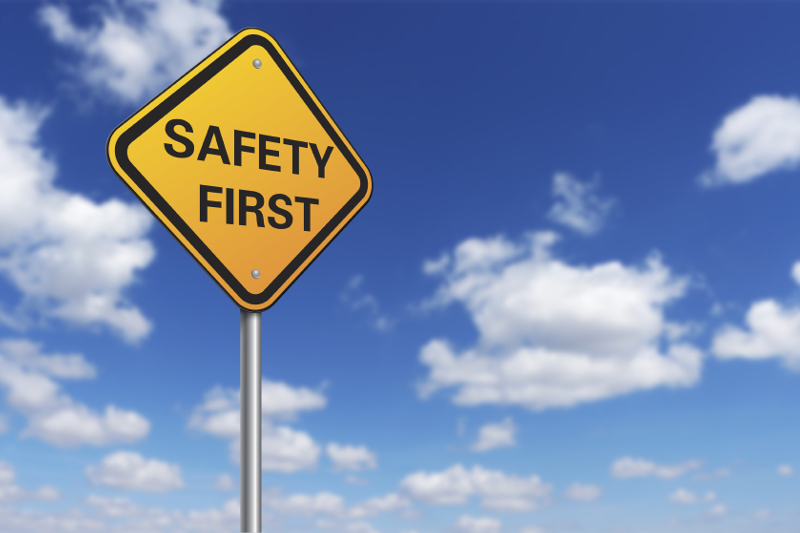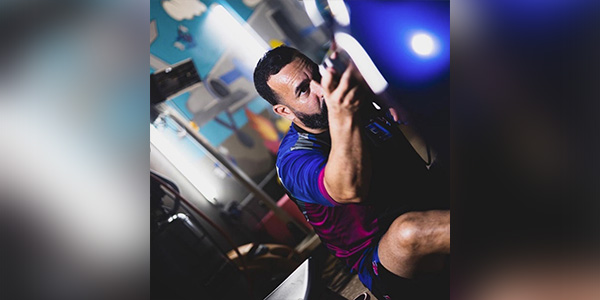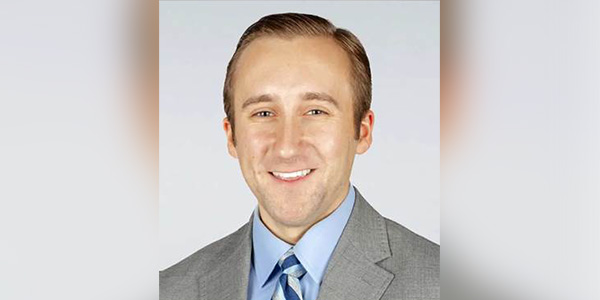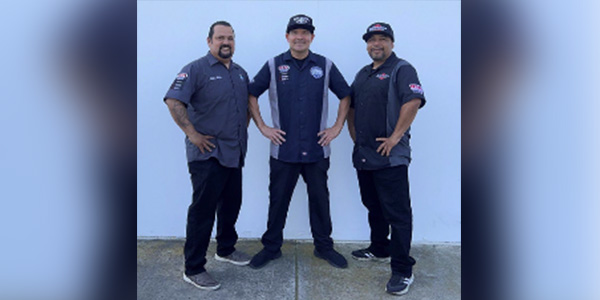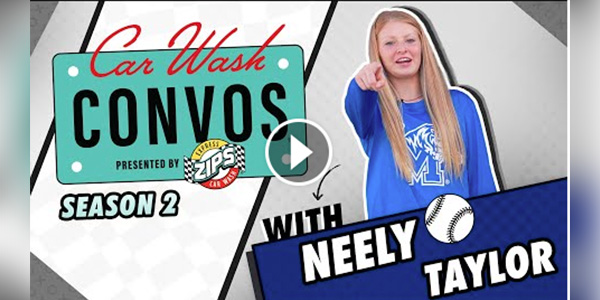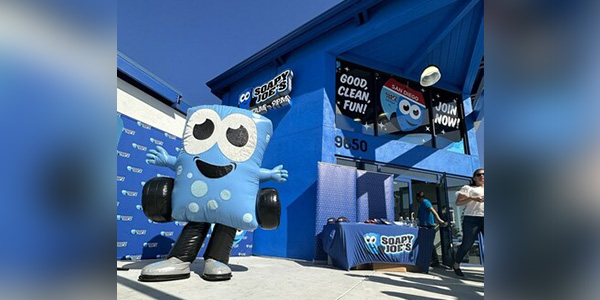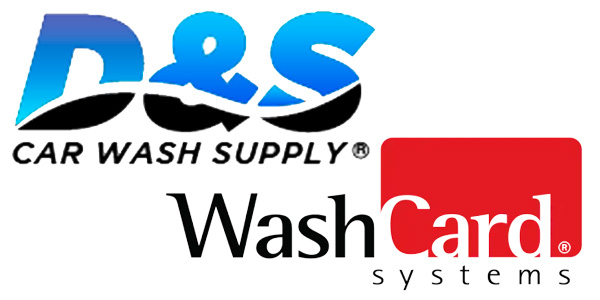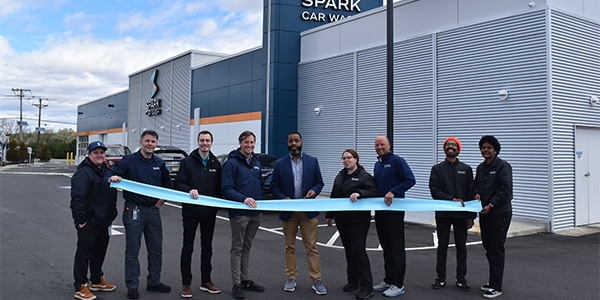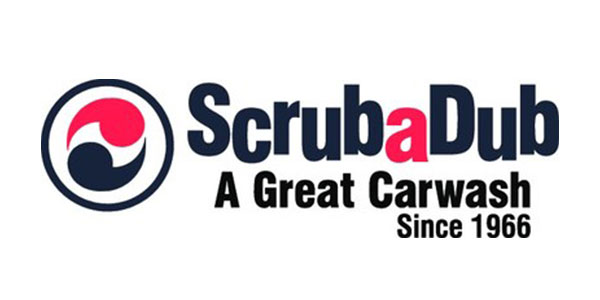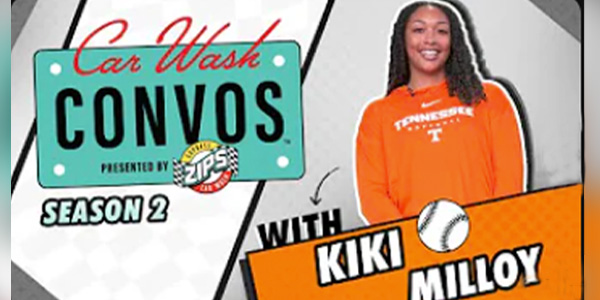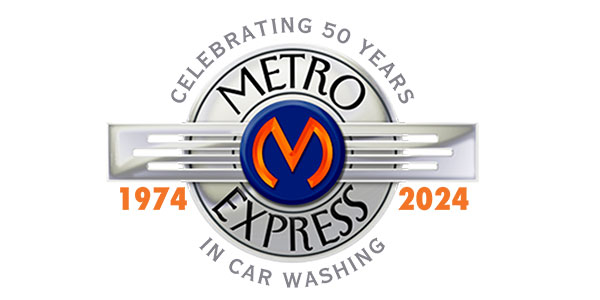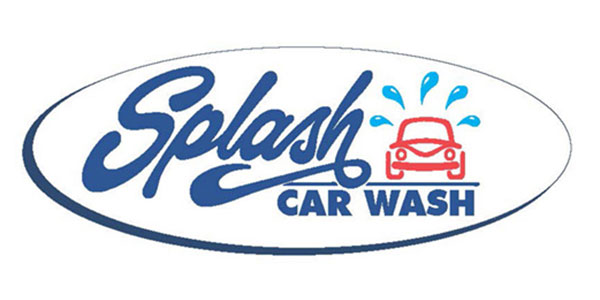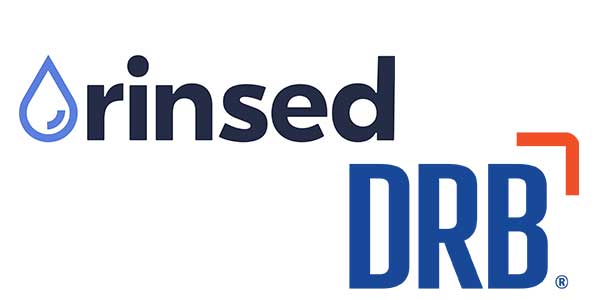When it comes to safety expenditures, making sure your carwash is adequately insured is one necessary expense. With a vast assortment of insurance programs available to owners and operators, navigating through the array of options can be an intimidating, but essential, task. For the most part, employment practice liability insurance, property liability insurance and workers’ compensation are the staples for carwash operations, explains Sam Furno, president of Western Car Wash Insurance Agency, Wells Fargo Insurance Services USA Inc. However, he adds, many other insurance programs are available, and they can get predicated to fit the overall needs of a business.
Yet, without proper documentation, insurance will not be the only expense carwashes must pay for. “Proper documentation is key to protecting the business; [this] should include videos and pictures of any and all incidents. A written report should be made no matter how small or insignificant the claim may seem. The more pertinent information that can be gathered at the time of the accident, the better prepared the business can be to protect [itself],” asserts Mike Benmosche, CIC, National Car Wash Program Specialist of the Risk Management Department for McNeil & Company Inc. “Owners need to keep in mind that insurance does not cover all of the costs associated with many claims. Specifically, there are hidden costs that are not usually considered.”
These hidden costs, explains Benmosche, are called the “iceberg effect,” or soft costs. “Examples of this would be the money lost when staff [has] to take time to complete paperwork; customers that may not be comfortable coming back to the wash after witnessing a claim; the cost of training a new employee; the money involved in the time to drive an injured worker to the emergency room; etc. These expenses can typically add up to a great deal of money that eats into your bottom line profits.”
So how can owners and operators keep their carwashes, and profits, safe? First, they must assess the risks.
Knowing the risks
“In the carwash industry, some workplace accidents can vary based on the type of operation — be it full-service, flex, exterior, [etc.] — and others are common amongst all,” says Lanese A. Barnett, director of marketing for The Car Wash Companies: Tommy Terrific’s Carwash and TradeMark Carwash, adding that the primary concern for many full-service operations, for example, is employees driving customers’ vehicles. “They are behind the wheel of [cars that are] foreign to them, and the margin for error rises,” she continues. “That is why we require a trained, licensed driver who is designated to that position.”
On the other hand, notes Barnett, the reverse is true for businesses such as exterior or flex-serve washes. “Customers are in care, custody and control of their vehicles and may be inattentive, fail to follow instructions or ignore guiding cues from staff that can result in a hazardous situation for both the customers and the employees in or outside of the tunnel,” states Barnett.
Although equipment can vary by wash type, accidents can and, most likely, will happen at any carwash. Still, knowing the most common types of safety risks associated with car care operations can help owners and operators better safeguard their businesses.
Widespread workplace accidents at the carwash, according to those we interviewed for this article, include:
- The entrance/departure points of the conveyor/tunnel
- Slips, trips and falls
- Handling chemicals
- Moving/lifting equipment
- Not following equipment maintenance procedures
- Employee error and/or miscommunication.
Furthermore, accidents can occur within the tunnel, such as if an employee is hosing down the area when equipment is operating. “The hose can wrap around a piece of equipment, damaging a vehicle, the equipment or seriously [injuring] an employee,” says Barnett.
Moreover, pinch points — such as a door shutting on an employee’s fingers — can happen when handling equipment and vehicles, notes Houser, adding that strains and sprains are also common when moving/handling equipment and chemicals or as a result of slips, trips and falls.
Additionally, incidents involving ladders are also prevalent at car care businesses. “Ladder safety [has made] the Occupational Safety and Health Administration’s (OSHA) top 10 list for many years and can be something carwash owners don’t typically think about when assessing safety,” reports Houser. “Inspect your ladders. Does the ladder need to be replaced, or does it fit the need of the job? Train employees on how to properly use a ladder, the dangers of utilizing them around moving equipment and proper tool placement while on a ladder. Those below can be in danger from a falling screwdriver or wrench.”
However, accidents at the carwash are not limited to the examples highlighted in this article. In fact, season changes can also cause safety risks to arise. Joe Rice, director of human relations, and Emily Holland, safety coordinator, of Indianapolis-based Crew Carwash, note that the most common accidents at their locations, which are slips, trips and falls, rise during the colder months of the year. “Many factors contribute to these incidents, such as slippery floors and ice during winter,” they explain. “All team members are required to wear slip-resistant footwear. We also coat the wash tunnel floor with a special, nonslip epoxy to further prevent a slip from occurring. During the winter, contractors remove snow, and spread ice melt on the lot. All new locations have floor heat under the concrete in areas of [high] customer and team member traffic.”
With an array of potential safety risks, it is imperative for everyone at the carwash to know how to prevent accidents from occurring. “Being aware of your surroundings, potential hazards and taking proper preventive steps is crucial to staying safe and avoiding injury,” assert Rice and Holland.
Stay tuned for the February issue to read part two of this article, which discusses how to create a safety program and the importance of training carwash employees. While you wait, check out the article, “OSHA gives employees the right to know,” for helpful chemical safety tips at the carwash. You can find this feature here.

